In the People's Republic of China, tax payments are the main source of revenue for the state treasury. This is not at all surprising, given the fact that by 2017 the population of China has grown to almost one and a half billion people. There is no such thing as a shadow economy in the country, so every citizen pays tax fees every month. Taxes in China must be paid not only by citizens of the country, but also by migrants who have come there to work. This article will examine the specifics of the Chinese tax system using specific types of taxes as an example.

China tax authorities
China's tax system is subordinate to the Main State Tax Administration (GGNU), which runs the local government. The country has two subsystems of tax authorities. The first deals with the management of central taxes, which are subordinate to the State Tax Administration. And the second manages local taxes, subordinate not only to the State Tax Administration, but also to local people's governments.
Central tax management involves the collection of funds that come into full control of the central government or are distributed between the central and local governments. In the latter case, the funds are called joint taxes. Accordingly, local government operates with funds available to local governments. Now we find out what tax in China is levied for a particular activity.
Business tax
Let's start with the payment, which is one of the mandatory contributions to the Chinese treasury - business tax. As the name suggests, this payment is charged for carrying out business activities. It is important to note that business taxes in China are paid only by those enterprises that operate on foreign investment. Payments occur monthly. Business tax does not have a flat rate. The amount of payments depends on the type of activity of the company. If the company is engaged in transportation services, then it must pay 3% of its monthly profit. Exactly the same amount is paid by companies whose activities are related to construction and engineering, as well as culture and sports. Enterprises that provide financial services deduct 8% to the state budget. 5 percent are paid by real estate and intangible asset firms. As for enterprises operating in the entertainment sector, their interest rate can be from 5 to 20% of income.
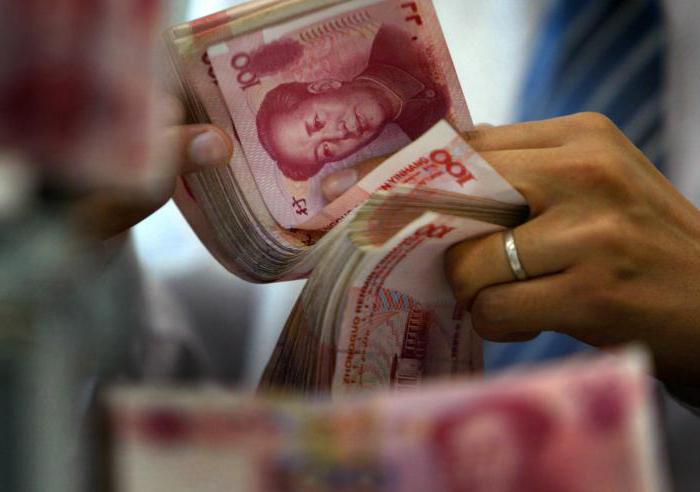
Company Income Tax
Income tax in China is levied on all companies (foreign and local) that operate in China and make profit from it. This tax is paid once a year. The rate may vary depending on where the company is registered. If the company is registered in China, then its owners are required to pay annual income tax in the amount of 30% of the annual. For those organizations that operate in China but are registered in another state, this tax is 20% of annual profits.
Income tax
Income tax in China is paid only by individuals - people who are not engaged in entrepreneurship, but are self-employed. The tax is withheld monthly, directly from the salary. The interest rate depends on how highly paid human labor. A person who earns less than four thousand yuan per month, which is equivalent to $ 620, is exempt from income tax.If the salary is 4-4.5 thousand yuan, then the tax rate will be 5 percent. With a salary of 4.5-6 thousand yuan, you will have to give the state 10 percent of your income every month. Anyone who earns from 6 to 9 thousand yuan, already pays 15% per month. Thus, the amount of income tax increases as wages increase. The maximum income tax in China is 45% and is levied on those who earn more than 100 thousand yuan per month.
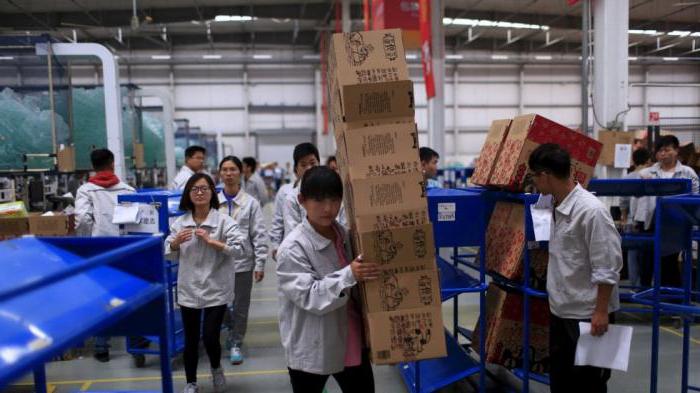
VAT and consumption tax
Consumer tax and value added tax (VAT) are the main components of the system of the People's Republic of China. VAT in China is levied on those who sell goods and certain services. Its rate is 17 percent. As for consumer payment, it is charged to those who purchase goods that require an appropriate license. These include cigarettes, alcohol, and more. The consumer tax rate is set depending on the type of product. It can range from 3 to 50 percent of the value of the goods.
Children tax
As you know, the People's Republic of China is the most populous country in the world. In response to overpopulation in 1979, the government decided to introduce a law that could regulate the number of children in families. The essence of the legislative draft was that Chinese couples were forbidden to have more than one child. Thus, the government tried to regulate the demographic position of the state. Naturally, the residents of the People's Republic of China reacted poorly to such measures. Some of them were limited to one child, and some decided not to adhere to the law.
For violation of this law (the birth of a second child), the family had to pay a fine. In subsequent years, analyzing the reaction of the Chinese, the government nevertheless concluded that the law adopted in 1979 severely limits the population. The bill was amended. Today, residents of China are allowed to have two children. At the same time, families who have a third child must pay a fine of $ 3,500. The number of “permitted” children does not depend on whether the parents are married. The only important condition that significantly limits most Chinese is that you can only have a second child for people who are the only children with their parents. For example, if a family has two adult children, then each of them has the right to only one child. Anyone who violates this rule must pay the penalty indicated above.
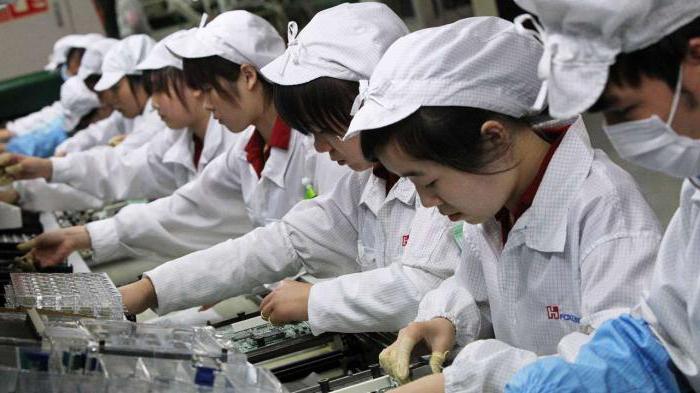
Taxes in China for Foreigners
Not every foreign citizen should pay taxes in the People's Republic of China, but only one who has been in the country for more than three months. In addition, citizens who come from countries that have entered into a double tax treaty with China are not taxed. Such people can stay in the People's Republic of China without paying taxes for up to 180 days.
Able-bodied migrants who have been in China for more than three months but less than a year are required to pay the appropriate tax. Those who have been in the PRC for one to five years are subject to the obligation to pay income tax to the state budget. Its size depends on the level of income and is calculated in the same way as for residents of the PRC. If a foreign citizen has been in China for more than five years, then in addition to paying tax on wages, liabilities are imposed on him to pay the amount of the total profit. Of course, this applies only to those citizens who have a profit in their home state.
Property tax
Property tax in China is paid by those citizens who own buildings, structures, structures and any premises located within the city and used for business purposes.In some regions of the state, in particular Shanghai and Chongqing, a reform is underway experimentally, according to which real estate belonging to the housing stock is also taxed.
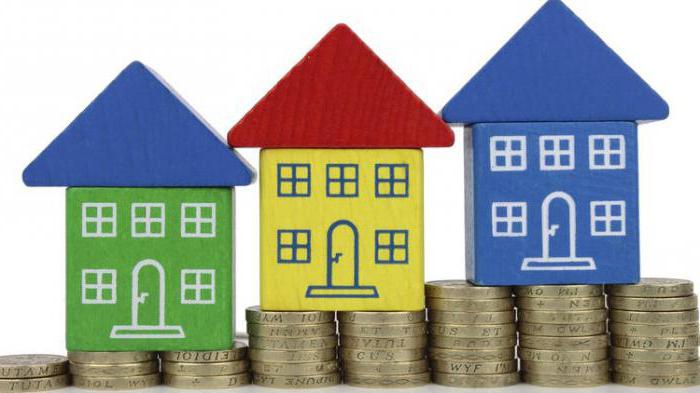
The tax base is the value of this property, reduced by 10-30% depending on the region. If the building is rented out, the tax base is the amount paid by the tenant. The tax rate when deducting from the value of the building is 1.2%, and when deducting from the amount of rental payments - 12%.
Transport tax
This payment is paid by those citizens who own vehicles. The payment rate depends on the type of transport (passenger or freight cars, special vehicles, motorcycles, agricultural machinery, boats and so on).
Land Gains Tax
It is paid when an individual or organization transfers the right to use a state-owned land plot. In this case, the tax base is the difference between the profit received from the transfer of the site and the expenses incurred in obtaining the right to use and develop this site. The tax rate ranges from 30 to 60%.
Customs taxes
China is the largest exporting country, so it is not surprising that customs duties are actively used here as a way to enrich the treasury. Customs duty is levied on goods crossing the border of the People’s Republic of China in accordance with established import and export tariffs. It depends mainly on the cost of cargo that is transported across the border. Goods that cross the border in special zones or regions or belong to enterprises with special status may be subject to duties at a reduced rate, which can even go to zero. In addition, owners of goods, which:
- Was damaged or lost prior to customs clearance.
- It is an exhibition or advertising sample and does not have a specific commercial value.
- Included in the list of duty-free goods, in accordance with international agreements.
- By the number of units in a batch or the cost of a batch, it falls within the limit established by law.
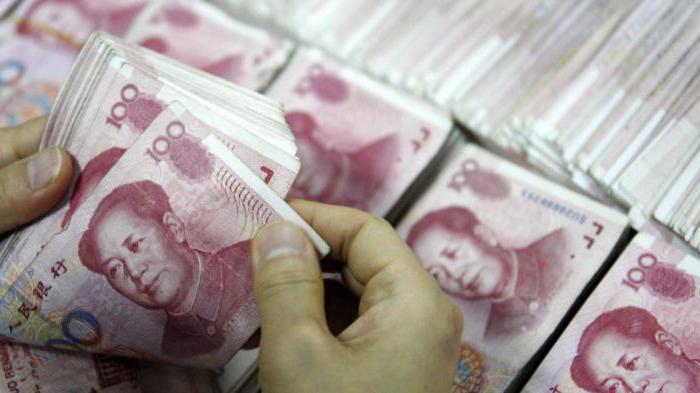
Other taxes
Automobile Tax. Paid by citizens when buying a new car. The rate is 10 percent of the cost of the car. When buying a vehicle in the secondary market, taxes in China are not levied.
Urban Land Use Tax. This tax is imposed on residents of China who have received the right to use a land plot located within the city. Depending on the area, the rate can be from 0.6 to 30 yuan per square meter of land.
Transfer Tax. It is levied on people who have acquired the right to use a land plot or the right to own a building. Such taxes in China are taxed at a rate of 3 to 5 percent.
Collection for urban repairs and construction. It is deducted from the amount of actually paid VAT, business tax and consumer payment. The rate depends on the location of the taxpayer. In the city it is 7, in the villages - 5, and in the countryside - 1%.
Resource tax. It is levied from organizations and individuals that conduct mining operations in the territory of the People's Republic of China (including the sea territory).
Tobacco tax. As the name suggests, this tax is paid by those citizens who purchase tobacco leaf. The rate is 20% of the price of the purchased goods.
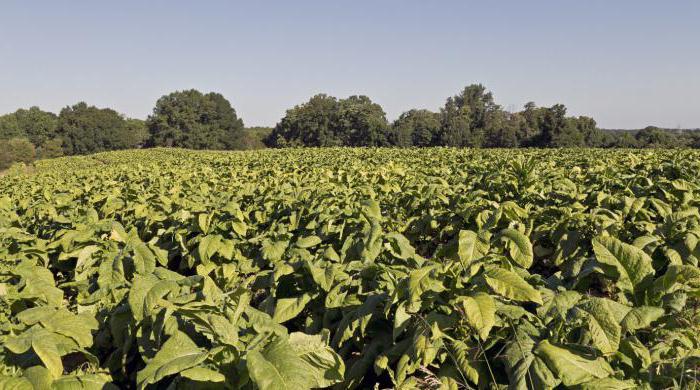
Stamp duty. It is levied when state authorities issue certificates, certificates and other documents, as well as upon conclusion of contracts. The rate depends on the type of document or transaction, and their content.
Agricultural Land Fee. It is paid by those citizens who take the use of agricultural land for the purpose of organizing construction on them. The rate in this case depends on the level of land supply in a particular region. It ranges from 5 to 50 yuan per square meter of land.
Education fee. It is calculated from the amount of VAT paid, business tax and consumer tax. At the national level is 3, and at the local level - 2 percent.